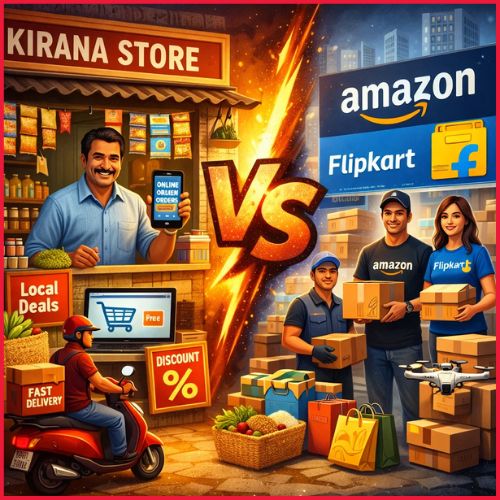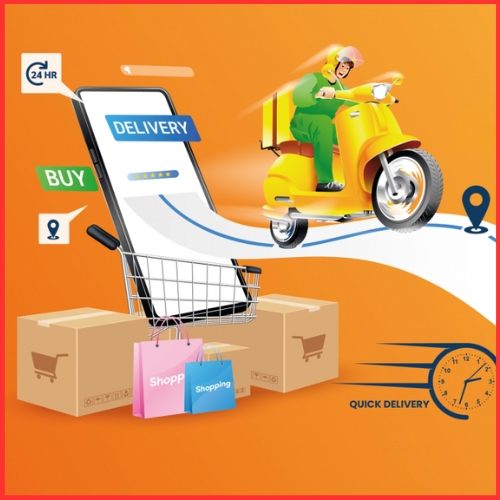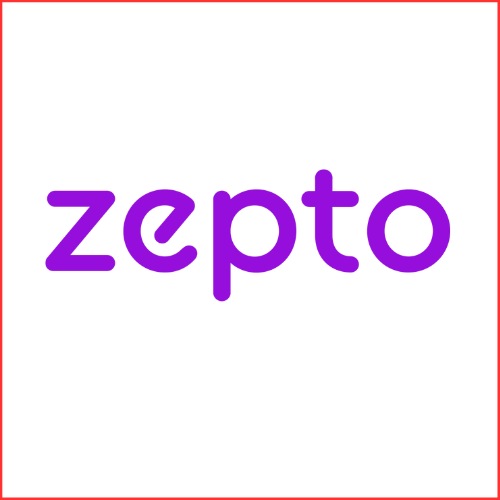According to sources familiar with the matter, Reliance’s JioMart has discontinued its JioMart Express quick grocery delivery service, which was introduced in March 2022. The Economic Times (ET) reported on this development, stating that the service is no longer accessible for download on the Google Play Store and its website is also inactive.
Reliance’s JioMart, a company that previously offered 90-minute delivery for its grocery service, is now urging customers to use WhatsApp to order their items for delivery within a few hours to a day. According to an insider, the company is no longer interested in continuing the “heavy-burn business” of express deliveries, despite having experimented with it during the peak of the hype last year.
Several companies operating in the fast delivery sector are experiencing financial difficulties. Blinkit online grocery platform, the delivery arm of Zomato, has shifted its focus from a promise of 10-minute delivery to a more vague promise of delivery “in minutes”. Similarly, Instamart, the quick delivery service offered by Swiggy, has altered its messaging to promote “minutes” rather than a specific delivery time frame. Zepto’s delivery time has also increased slightly from an average of 8 minutes to a range of 9-10 minutes as of June 2022. These companies are now striving to reduce costs and enhance profitability.
Zomato’s losses have increased significantly in the third quarter of the fiscal year 2022-23, with a loss of Rs 346.6 crore as compared to Rs 63.2 crore in the same period last year. The widening of losses by nearly 5.5 times year-on-year can be attributed to the incorporation of Blinkit, as this was the first full quarter after the completion of the acquisition of Blinkit.
According to Ashutosh Sharma, the Vice President of Research at Forrester, the grocery delivery market is highly competitive and challenging, with no company having unlimited funding. To remain competitive, grocery platforms have been expanding their offerings to include a range of services, such as same-day or next-day deliveries, with some platforms even offering two-day delivery options. There have been many experiments in this space, and while some have been successful, others have not.
Delivering fast on a consistent basis is a difficult task. While ultra-fast delivery options may attract new users, it comes with a significant cost to acquire and retain those users. Additionally, consumers are generally not willing to pay a premium for fast delivery, which adds to the challenges faced by companies in this space. As such, maintaining a balance between speed, cost, and customer satisfaction can be a difficult task for companies in the quick delivery business.















